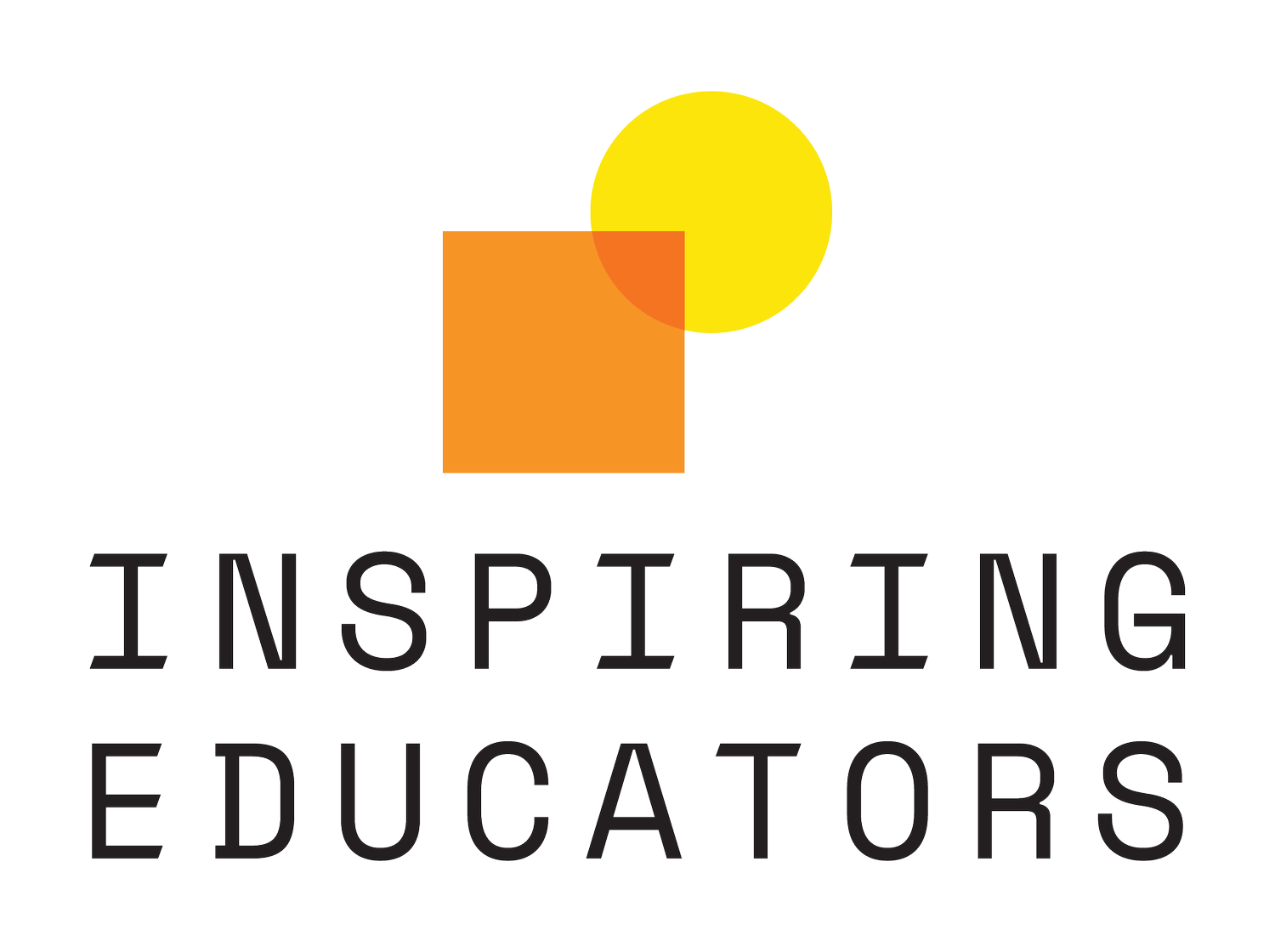Leadership is Critical...
When a third of children of color and those raised in poverty do not finish high school, when more than half the students in America’s schools lack the skills needed to successfully enter college or trade schools, when a sense of futility grips the public educational enterprise, all of us suffer. There are no winners in an achievement gap, because ultimately, we are all dependent on each other, economically, socially and civically.
Inspiring Educators is far from the first organization to recognize this. Our nation has been blessed with myriad initiatives over the past two and a half decades aimed at reducing the achievement gap.
But, those approaches have largely been based on tactical moves; improving instruction, instructional materials, setting protocols for teachers and school leaders, and finally, using agreed-upon standardized metrics to assess success. By investing in these directions for change, significant progress has been made.
We know that this progress has already reached – or will soon - reach its ceiling, because it ignores a central truth about successful schools; they flourish or flounder on their school climates; how people engage and interact with each other.
The technical view of how to improve schools and how schools function can only take us so far; we need to expand the paradigm for improving our schools and closing the achievement gap – we need to find the tools to improve the fabric of life inside these schools – their climate, which is a product of the relationships between the adults at the school.
In order to affect school climate - a critical lever to student achievement – we start with leadership. Because we know that leadership matters – it matters in business, in government and in schools. No great human accomplishment has taken place without exceptional leadership – and transforming public education is no exception.
We suggest – and research confirms – that the straightest line to influencing school climate (and thus unlocking the critical frontier of school improvement) – is working with school leaders.
We need to find the means to grow them; to give them the tools to authentically lead schools in their totalities; not only instructional leadership, not only operational leadership, but leadership that recognizes, draws upon and, in the end, renews the climate of the school; the heart and soul of a school. Thus, the project to improving our schools must include addressing how we grow the ‘heart and souls ’ of our school leaders
Marshall Ganz once wrote, “Leadership is about enabling others to achieve purpose in the face of uncertainty. When there’s certainty, when you know what to do, you don’t need leadership. It’s when you don’t know what to do that the art and creativity of leadership matters. It matters even more in enabling others to work together to achieve a common purpose in the face of uncertainty.”
Because we believe that schools are the lever that can transform the profound challenges that confront us, and we believe that the key lever to creating transformational schools is leadership, we hold a core belief that identifying, training, most importantly, cultivating leaders is critical for the well being of schools and ultimately for the well being of our communities. In a word, leadership is critical.

